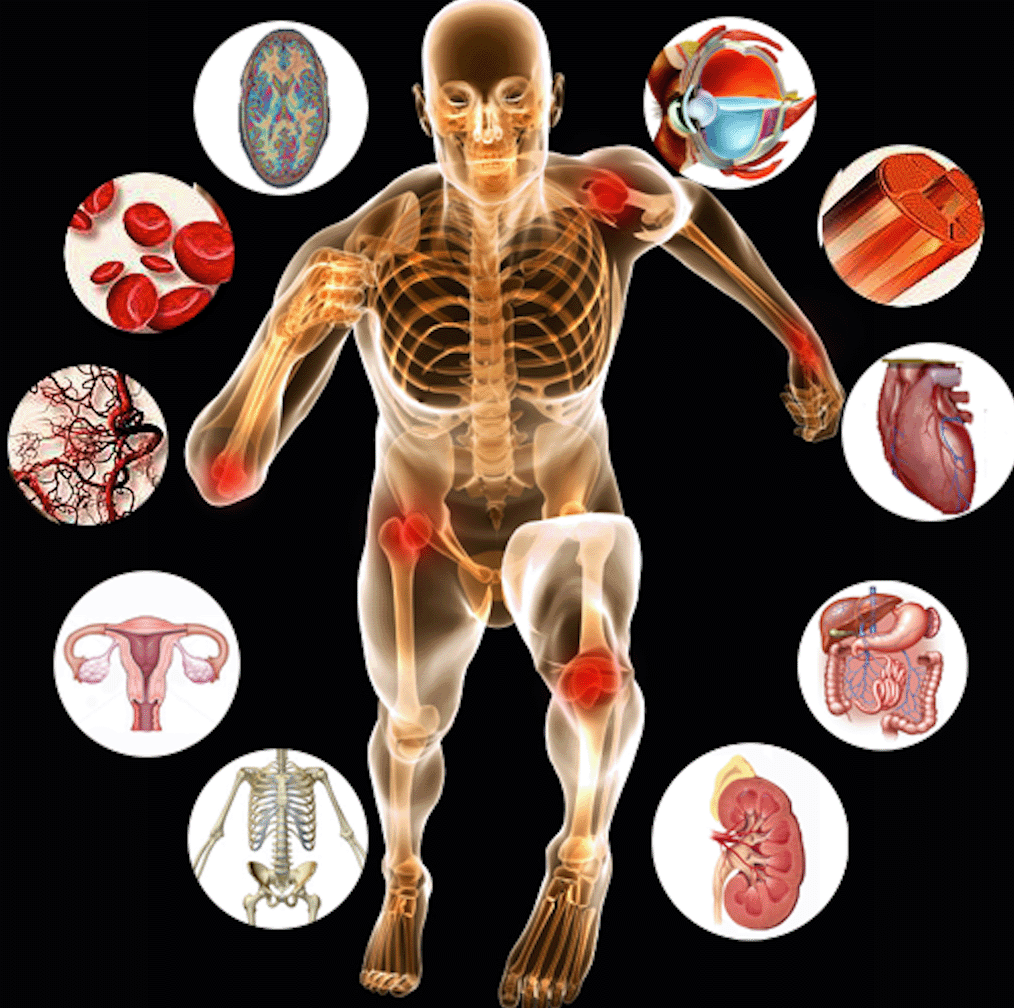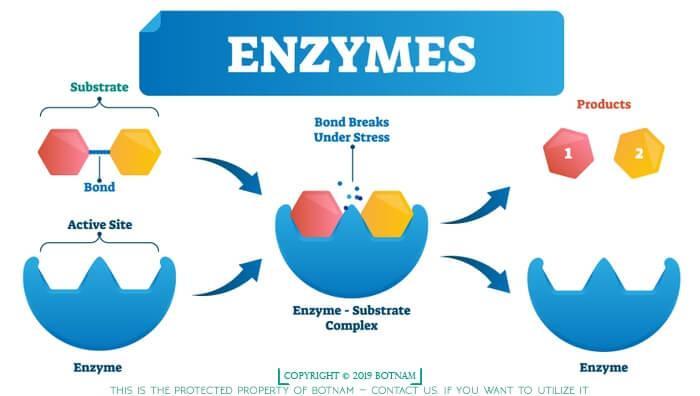PHYSIOLOGY
ARLETA HIGH SCHOOL PHYSIOLOGY MESTER PLAN A/B
COURSE OVERVIEW
Ms. Guiwa
Email: [email protected]
Website: https://bit.ly/2W5Fu4g (In Progress)
COURSE DESCRIPTION: Welcome to Physiology! This course develops an understanding of the meaning of life, life processes of animals, interactions of living organisms which change to meet the demands of the environment, as well as human physiology with understanding the human/animal body and its systems. Some concepts relating to physics and chemistry will also be covered. Stress is placed on active student’s participation in scientific investigation and the development of critical thinking skills.
The following are the topics we will attempt to cover during the course:
Anatomy and Physiology Pacing Guide
|
First Quarter |
Second Quarter |
Third Quarter |
Fourth Quarter |
|
FCIM/Focus Calendar 1)Lab Safety & Class Procedures **Flinn lab safety rules & quiz 2) Introduction to the Body Structural organization Life functions & needs Feedback loops Anatomy terminology
3) Chemistry & Cells overview Enzymes Organic molecules Cells, Cell division, Cancer Membrane transport
4) Body Tissues Epithelial Tissue Connective tissue Muscle Tissue Nervous Tissue
5) Integument System Structure & Function |
FCIM/Focus Calendar 1) Skeletal System Structure & Function of bone Axial Skeleton Appendicular Skeleton
2) Muscular System Structure & function Muscle tissue anatomy Muscle Contraction Muscle identification Myoneural junction
3) Nervous System Structure & function CNS & PNS Nerve impulse transmission Reflex arcs Sympathetic & Parasympathetic divisions Sense organs
|
FCIM/Focus Calendar 1) Endocrine Structure & Function Endocrine control
2) Blood Composition Functions Hemostasis/coagulation Blood types/transfusions
3) Circulatory System Anatomy of the heart Blood flow Circulation pathways Physiology of circulation
4) Lymphatic System & Body Defenses Nonspecific body defenses Specific body defenses Lymphatic structure & function Vaccines & antibiotics
|
FCIM/Focus Calendar 1) Respiration Structure & Function Respiratory physiology
2) Digestive System Structure & function Mechanical & chemical digestion, absorption Neural & hormonal control
3) Urinary System Structure & Function Formation of urine
4) Reproduction System Structure & Function Pregnancy & Fetal development
|
TEXTBOOK:
- Miller-Levin..(2007) Biology. Prentice Hall
- A book will be issued to every student. Write your name in it and COVER the book immediately!
- This textbook should be kept at home for homework!
- Students will be responsible for a lost and/or damaged book by paying the cost for its replacement.
CLASSROOM REQUIREMENTS:
- Covered text book (Miller-Levin)
- Pencils
- Paper
- Highlighters (4 multiple colors)
- Composition Book. Bring Composition Book EVERYDAY. Do NOT lose it!
- Colored pencils *(at least 12 different colors); no crayons, please!
- 4-5 Glue sticks
- 1 pair of scissors
- small stapler
- Bring your own Kleenex
INSTRUCTION: The United States face fierce global competition, particularly in the fields of natural sciences, engineering, and health. At the end of the course, the students are able to
o Provide application of the skills/concepts
o Have more than one right answer which promotes student discourse
o Increase the rigor in the classroom, by changing from teacher-centered to student-centered learning
o Are referred to at the beginning, middle, and end of the lesson
o Require you to make a decision
o Promote critical thinking and problem solving
o Encourage interdependence
o Are open-ended
You have to keep in mind that in order to get the most out of a learner-oriented classroom you must:
- Be an active learner – don’t expect to sit back and get information fed to you.
- Ask questions and participate in discussions when appropriate.
- Come prepared for class by doing the readings and assignments.
- Pull you weight in group work – don’t expect others to do it all.
- Respect the opinions of your classmates – part of learning is listening well and understanding human differences
Grading Guideline: Grades will consist of three parts: an academic grade, a work habits grade, and a cooperation grade. Your work habits and cooperation grade will be shown as E, S or U.
Cooperation grade: E-no trash pick-up/no referrals/respectful to adults and peers
S-minimal trash pick duty (at most 3), or 1 lunch detention or 1 referral
U-numerous trash pick-up duty, lunch detention and referrals
Academic grade
Your academic grade will be based on the points earned upon satisfactory completion and accuracy of assignments, laboratory work/reports, class activities, homework, projects, participation, journal work, quizzes and tests.
The assignment grade breakdown by percentage is as follows:
Test, Quizzes, Final 40%
Labs and Projects 30%
Class-work and Notebook 20%
Academic Conversation/
Participation and Homework 10%
The grade breakdown by percentage is as follows:
Grading Scale
A-90-100
B-80-89.9
C-70-79.9
D-60-69.9
F-0-59.9
Class Procedures:
Homework
Completed Homework = full credit
Incomplete homework = half credit
No homework = no credit (0)
Homework will be assigned to correspond with classroom instruction. It is expected that students do careful, thoughtful work and submit it on time. Homework will always be due at the beginning of the period. Homework will either be signed and/or placed in the “in-tray” at the beginning of class. If you are late to class you will not receive a stamp for the homework due on that day.
Absences
If you have late homework due to an absence you must place it in the “absent tray” by my desk. You will only get full credit for your homework unless you clear your absence with the SLC office. You have one day, after you return, to clear your absence and receive a stamp and/or turn in any homework. For every one excused absence you will be granted one day to make-up any missed assignments and/or homework. It is the responsibility of the student to obtain missing notes, assignments and/or homework from the “We missed you. . .” tray. You may ask the teacher or a classmate for clarification of assignments missed.
Late Work
All work must be turned in to receive credit. Projects/Assignments/Homework are accepted late but the grade drops one letter grade every day it is late. After three days late the highest grade you may receive is a D. If the work is turned in beyond 1 week, it is considered as a fail.
Make-up Exams
Make-up exams must be taken within one school day of return and only if you have an excused absence. Students with an un-cleared absence or truancy will not be allowed to make up a test. Make-up exams will not be allowed once the test has been graded and returned to the students. It is the responsibility of the student to arrange a makeup exam date with the teacher and show up.



